Michelle Mortensen has been an insurance broker for more than four years and has helped many of her clients through claims. She knows the processes each company has and how to advocate for clients should something go wrong.
So when it came time to put in a claim after her daughter’s car was rear-ended on the Queen Elizabeth Way in Toronto, Michelle didn’t have much worry. That changed along the way as days became weeks and there began to be some uncertainty.
This was the first claims experience Michelle has personally gone through since becoming a broker and she wanted to share the experience to provide a first-hand account of how complex a claims process can be.
After a car accident, first things first: Don’t panic. As traumatic as it may be, Michelle reminds everyone to “keep calm and collect as much information about the accident as possible. While safely exiting the vehicle, try to capture photos and videos of the scene including road conditions, weather, and all of the other cars involved. Take pictures of the other drivers’ licenses, insurance documents, and registration.”
The following are highlights of key experiences and advice Michelle shares after navigating her own claim process.
What is At-Fault vs Not-At-Fault
Michelle reminds us that during the claim process ’at fault’ is not determined by the police nor your insurance broker. Regardless of what is said on scene, it is ultimately up to the adjuster to decide who is at fault and at what percentage based on the details of the incident. In the case of her daughter’s accident, it took over a week to get that confirmation as the details are worked through.
Coverage to include a Rental Car
Coverage for rental cars is key! Keep in mind, collision coverage is important as it allows you to add an endorsement (OPCF20) that ensures a rental car is provided to you after a crash. Depending on the insurer, it can be as easy as taking your open claim number to a rental car location and getting a replacement ride. Do yourself a favour and make sure you purchase the rental car coverage ahead of time.
How to handle Tow Trucks
A common misconception following a crash is that your car is required to hook up and be a towed away by the first truck on scene. Michelle reminds us that “you are allowed to call a preferred towing company or use your CAA Membership to arrange to have your car towed”.
There are some exceptions to this rule including on certain 400 series highways were the OPP is mandated to clear the scene as soon as possible.
It’s important not to be pressured into signing forms or any contracts. Michelle found this out first hand, when faced with a problem when her car was moved to a tow yard in Mississauga. That company was unresponsive to book a time to have the car picked up, which meant the vehicle stayed on site longer and resulted in increased storage fees. It’s always best to have your vehicle moved to a trusted location as soon as possible.
Pro Tip: If the accident happens out of town, have your car towed back closer to your home. This will make things easier when you have to get it released or if you need to access the vehicle for any reason.
The Role of an Insurance Broker
Using a broker has an endless number of advantages, especially when the unfortunate happens. Brokers are mandated to work and advocate for their client and that really becomes evident when a loss occurs.
“We’re here to provide advice, including when making a claim is worth it. Remember you’re responsible for the deductible – the initial amount of the claim.” Michelle often reminds her clients that not all claims are not worth pursuing.
Your broker is also there to help monitor the claim process. They are not the ones authorized to make decisions or determinations, but they are a valuable resource and make sure the insurance company is keeping their timelines and there is open communication between all parties.
The Role of the Adjuster
After a loss is reported, the next step is to be assigned an adjuster from your insurance company. Many try to have this done within 48 hours but as Michelle notes “the industry is seeing a backlog of accident investigations and a shortage of adjusters. This is leading to longer than expected wait time to assigned an adjuster. It could be as long as a week or more.”
The adjuster’s responsibility is to investigate, determine where the fault of a car accident lies, then determine if and how the insurance policy will respond.
Getting a Replacement Vehicle
The pandemic and the resulting microchip shortage have put pressure on the inventory levels for vehicles. Michelle experienced the supply change challenges first hand when she went with her daughter to buy a replacement vehicle. Even finding that dealerships are selling cars before you can get there for a test drive!
Typically Michelle will advise her clients “if the airbags have gone off, start looking for a replacement.”
Once you get to the claim offer point from adjuster, know that you are able to negotiate your offer. But keep in mind it’s important to do some research: Look for comparable vehicles, same, year, packages, and kilometres. Have you put in recent work on the car to increase its value (new tires, brakes, stereo?) There are many factors that go into a claims payout and it’s important to do your homework to help when it comes time to accept an offer.
The Value of an Insurance Broker
A few years ago, one of our clients, Dave, saw first-hand how a broker can influence a claims experience. He felt pressured by his insurance company about using their vendor for repairs on his home. They delayed for months, gave excuses, and ultimately Dave felt the claim was being delayed.
In passing, he mentioned the situation and shared his frustration to his broker. “Of course, they agreed and called the insurer. Within a few days they were on site repairing my home,” said Dave.
Unfortunately, during the repairs, one of Dave’s cars was damaged: “This time I knew to call my broker and once again they were able to work with the insurance company and get the issue resolved almost immediately.”
As advocates for you, you know that when it matters most, your broker is only a call away.
Phone Numbers You Need in Your Phone
• Your Broker (Staebler reception: 519.743.5221; Staebler’s Broker email and extensions)
• Your Broker’s After Hours Emergency Line (For Staebler: 1.877.877.9966)
• Your insurance company
• Your insurance company’s 24/7 claims service (visit Staebler.com/Claims for a complete list)
• CAA or roadside assistance program and membership number, if applicable
. . .
Be Wise. Staebler Insurance is a general insurance broker specializing in auto insurance, home insurance, small business, and commercial insurance. Staebler brokers proudly serve Kitchener, Waterloo, Cambridge, Guelph, Stratford, Listowel, Fergus, Elora, Wellington County, Perth County, Waterloo Region and southern Ontario.Get started with a free quote today.


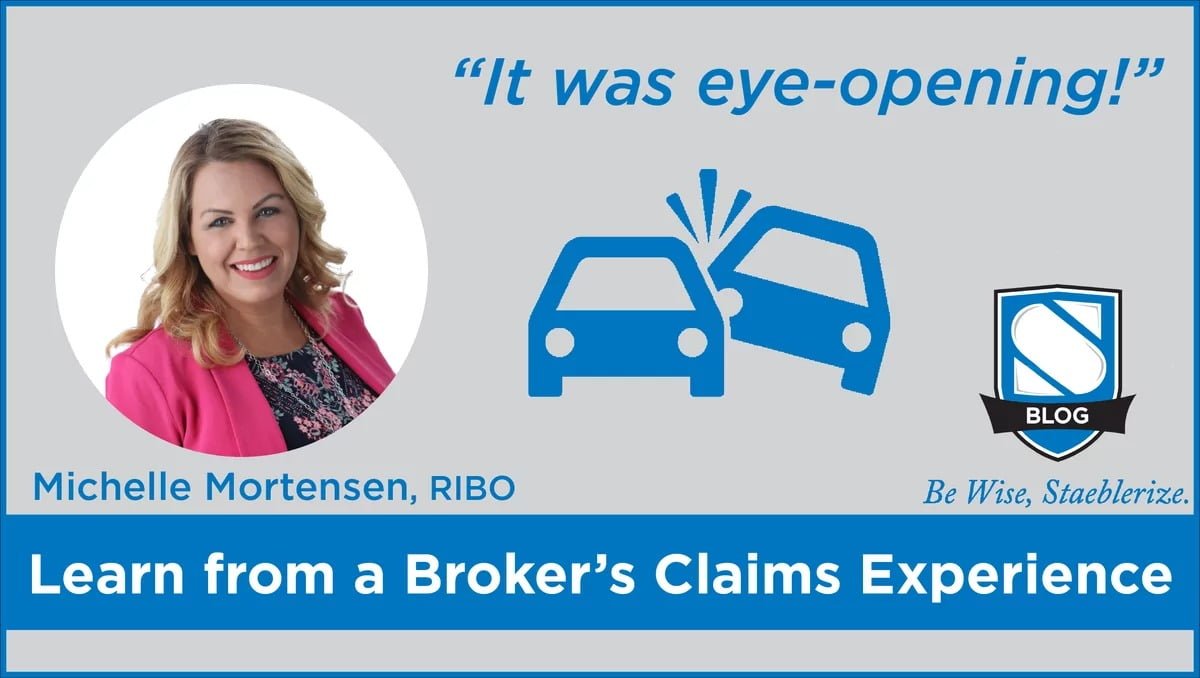

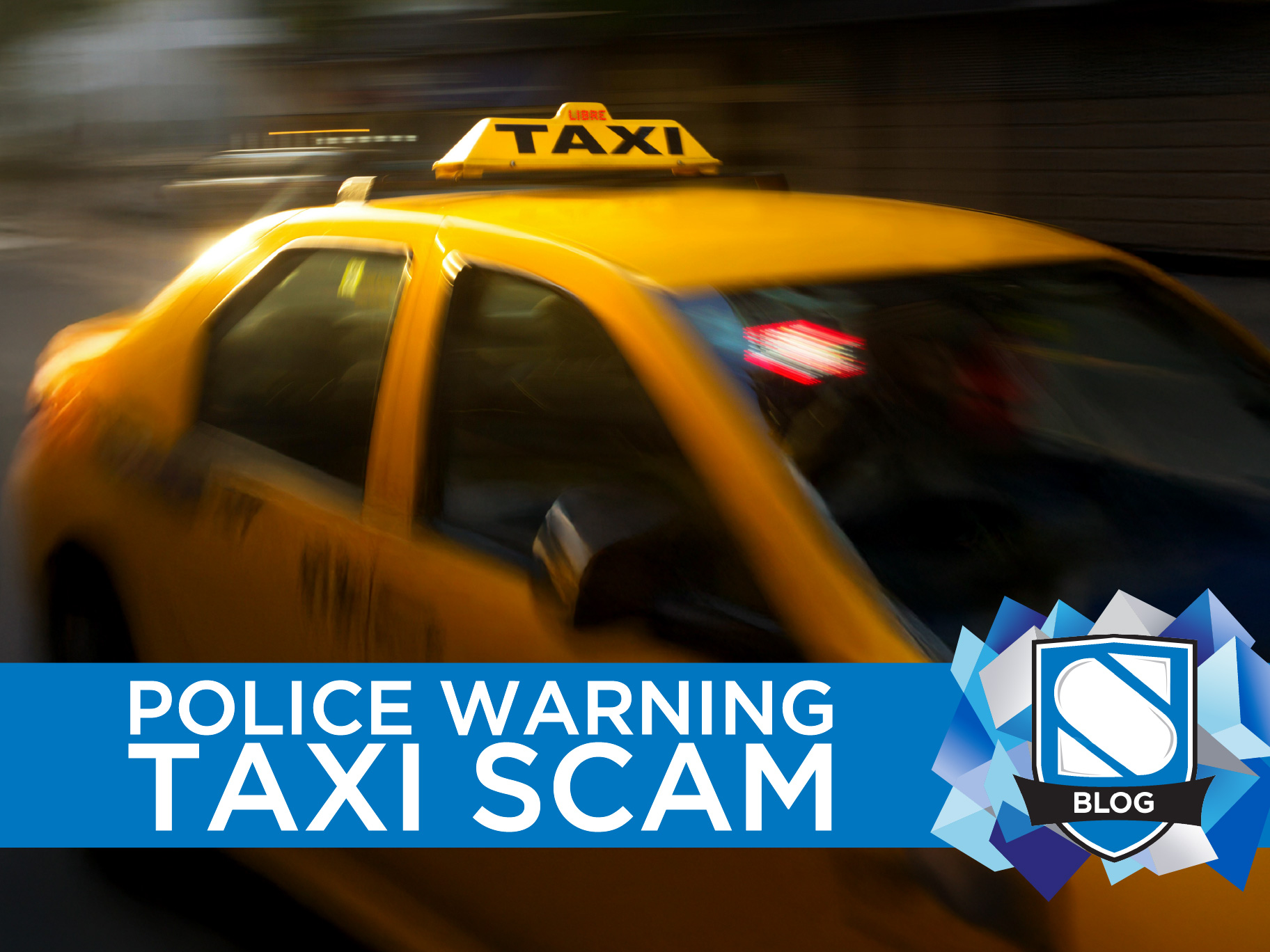
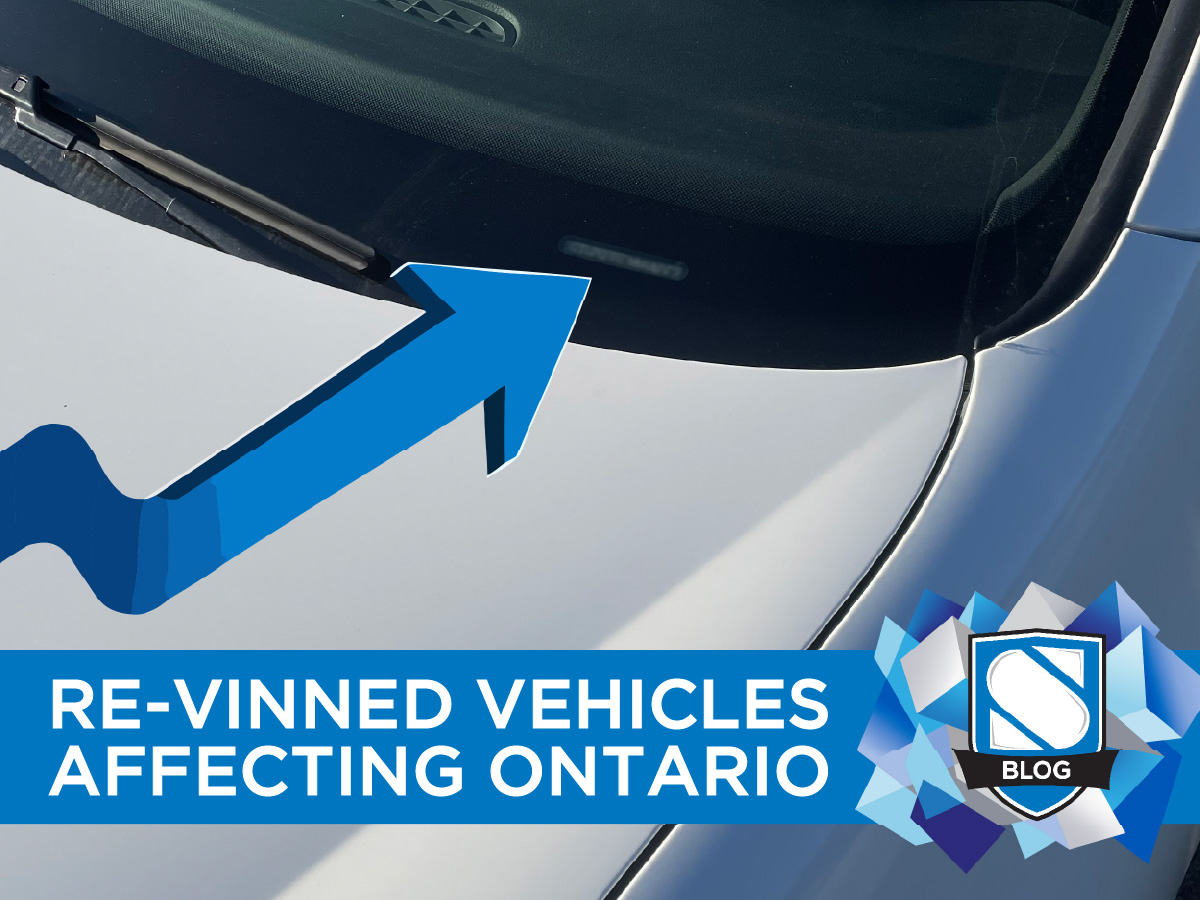
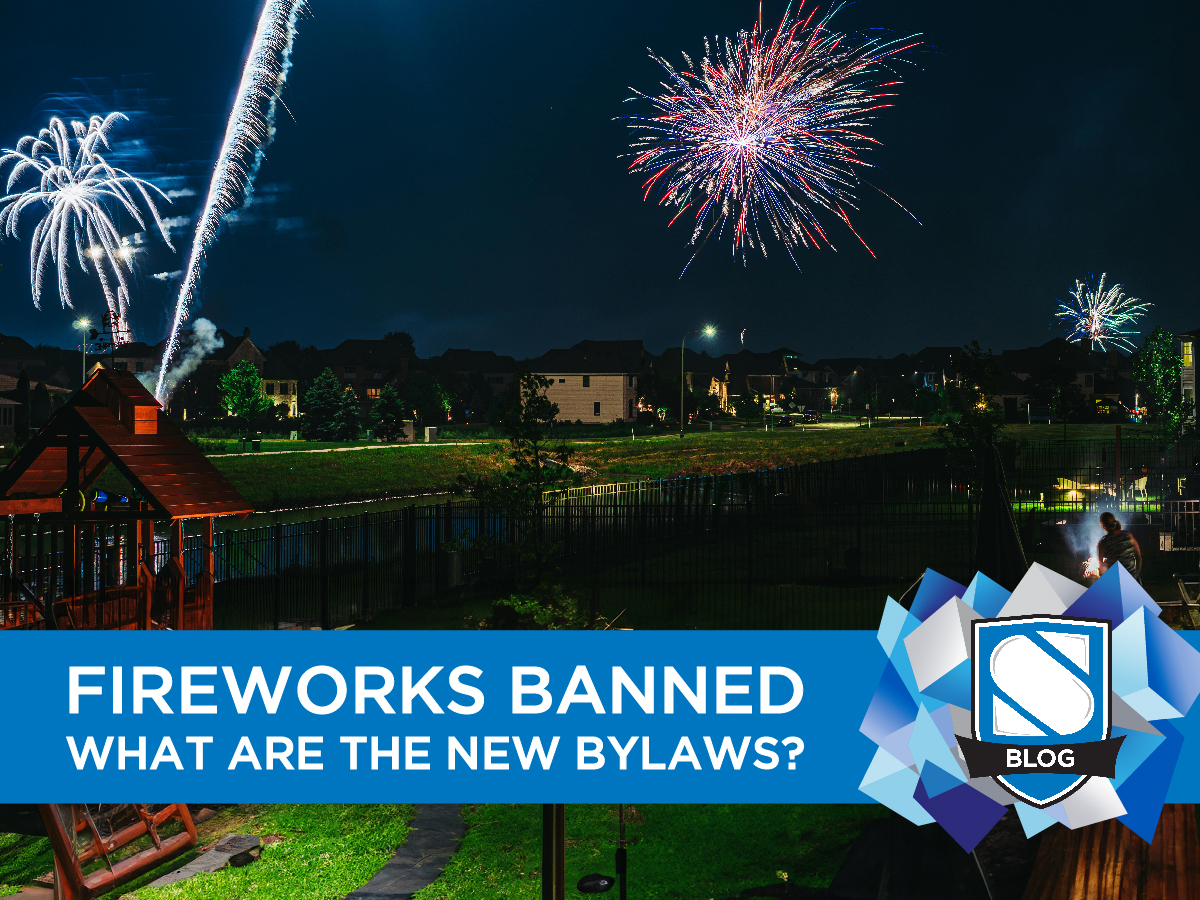
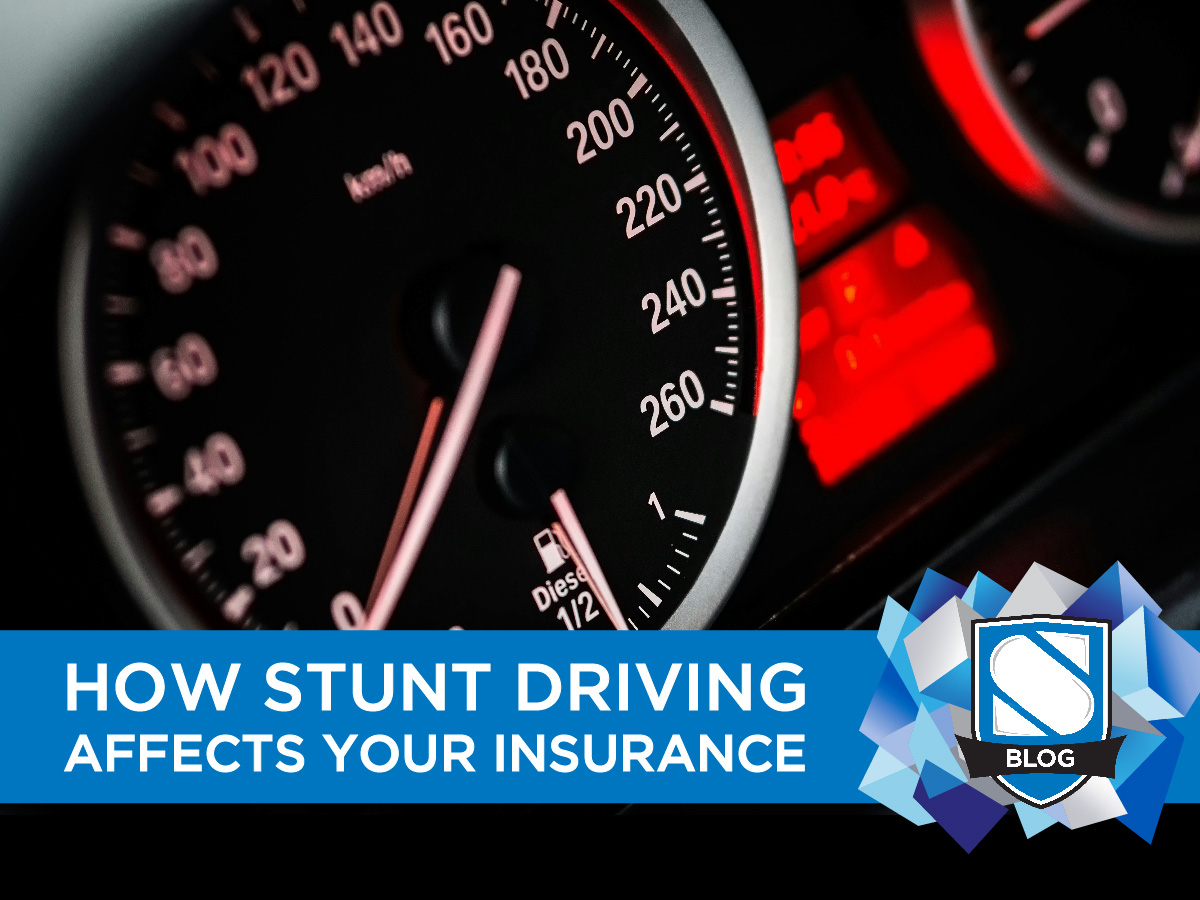
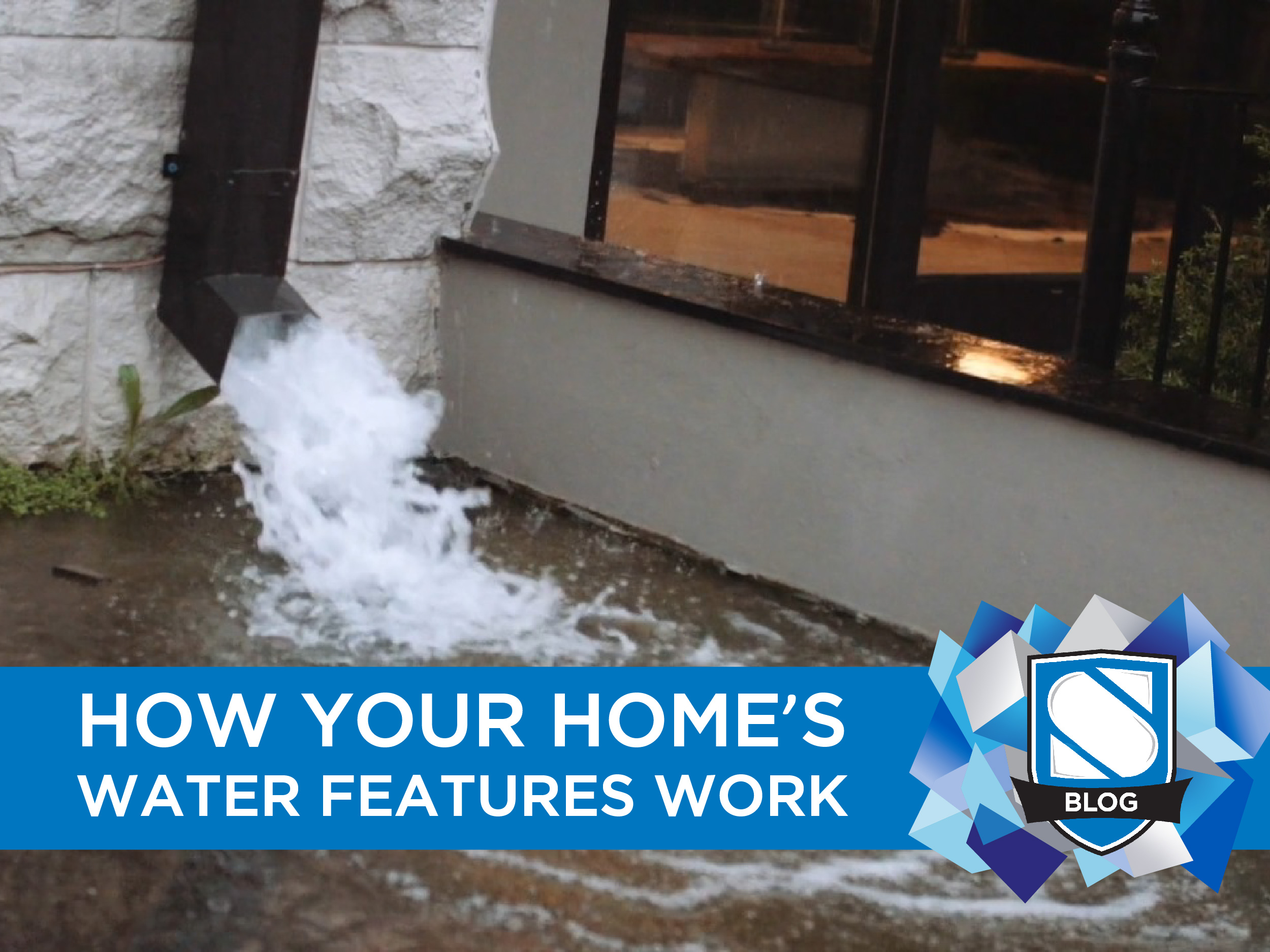
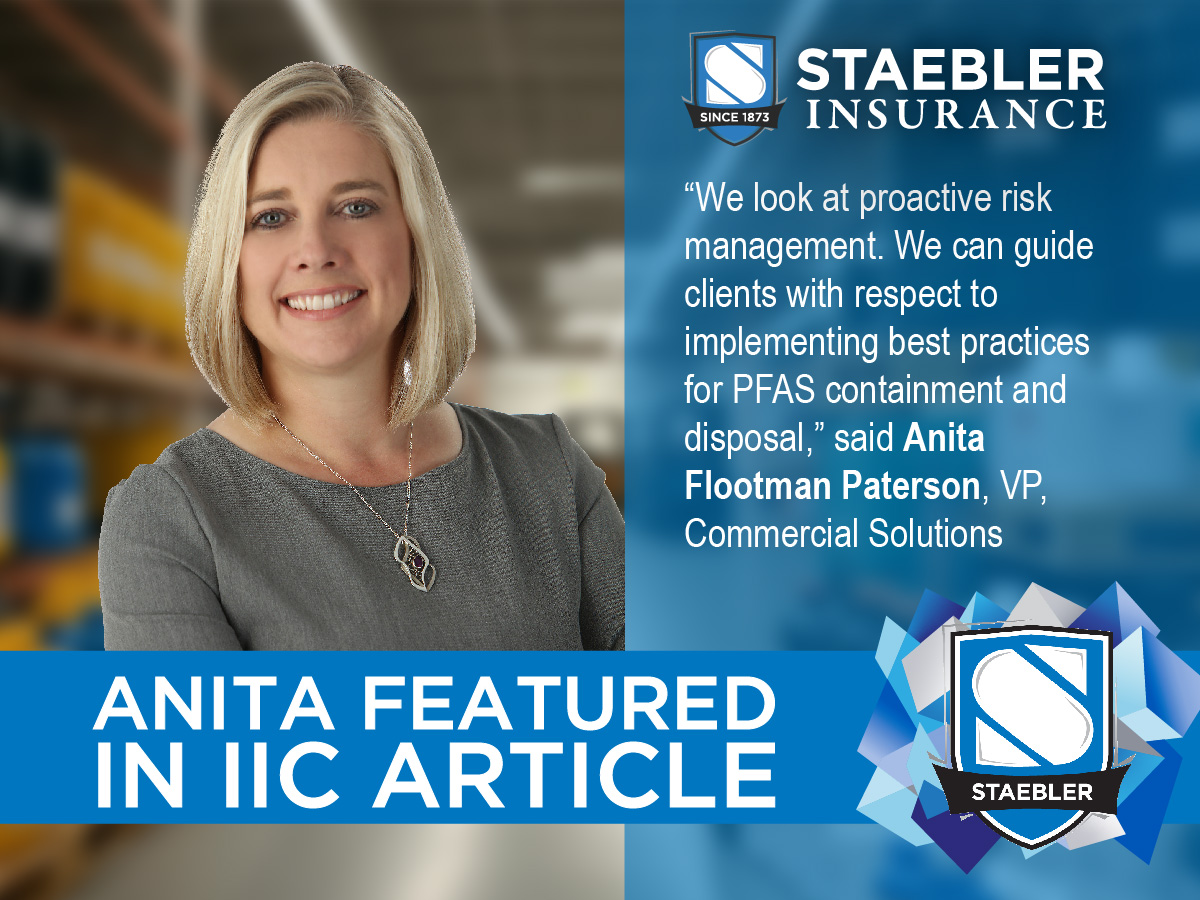



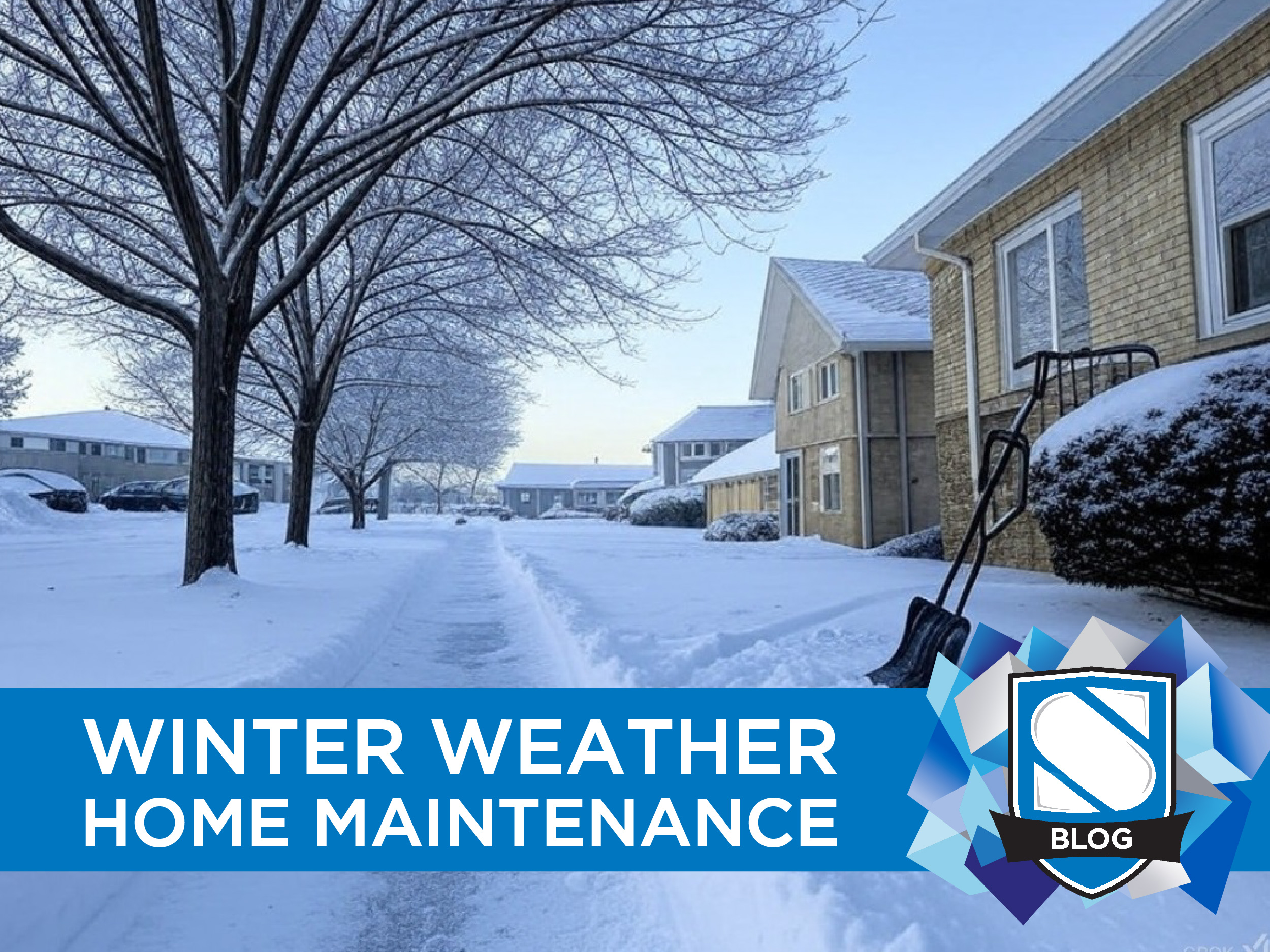
0 Comments